62 “Sugar Baby” by Dock Boggs
14March 15, 2012 by gadaya
Dock Boggs World
Dock Boggs (vocal & 5-String banjo) with Hub Mahaffey on guitar
“Sugar Baby ” & “Down South Blues”
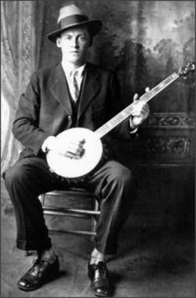
Recorded in New York on March 9, 1927 and issued on 78rpm record (Brunswick 118)
A few artists from the Anthology were truly rescued from oblivion by the american folk revival of the 1960’s and experienced an unexpected new musical career as they were entering their last decade. Men like Mississippi John Hurt, Furry Lewis, Clarence Ashley and Dock Boggs, thanks to the Anthology and a new generation of folk music lovers who searched out for them, had a second chance to play their down-home music in front of an appreciating audience (although a quite different one than 40 years before) and record again. In the case of Boggs, his rediscovery was single-handedly orchestrated by Mike Seeger, who found his home in Norton, Virginia, recorded his music on four lps’s for Folkways Records and put him on the stages of various universities and folk festivals.
From all these rediscovered performers, Mississippi John Hurt and Dock Boggs really stand out as the most important folk figures the Anthology helped to revive and the lives of this two men shared in fact, many similarities. They both spent most of their lives close to their home and worked hard jobs (coal mining for Boggs, farming for Hurt) in a relatively isolated community (Avalon, Mississippi and Norton, Virginia), made a trip to New York City in the 1920’s to record for a commercial recording company before returning to their daily routine. In the case of Boggs, this unique chance to record made him believe he could escape working in the coal mines and he did tried for a few years to make his living as a musician but the Depression and family life stopped him to achieve this. Both men were contacted by W. E Meyers, a store-owner and aspiring songwriter from Richlands, Virginia to record for his Lonesome Ace record label in the 1930’s. Meyers would provide the lyrics and asked the musicians to put them into music. They were also very influenced by the « other » ethnic group music around them, old-time country music for Hurt and african-american Blues for Boggs. They both had two of their songs chosen by Harry Smith for his Anthology of AMerican Folk Music and enjoyed a second career in the 1960’s, both on records and on many folk festivals.
One of the lp Mike produced when he discovered Boggs in 1963 was “Excerpts from interviews with Dock Boggs“. Let’s take a listen to this record, but be aware that the recording quality of these interviews are not great, especially on side one. Nevertheless it constitute a unique document and a great chance to hear a folk musician tell about his life and musical influences in his own words

Side 1:
Side 2:
Click here to read the transcriptions of the interviews in pdf format
Now let’s listen to a few songs (some of my favorites) he recorded for Mike Seeger in the 1960’s: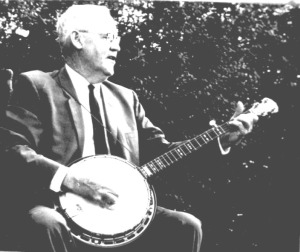
- Wild Bill Jones
- Oh Death
- Bright Sunny South
- Mistreated Mama Blues
- Cuba
Dock’s repertoire was a mix of old and new folk ballads and songs typical of the Kentucky/Virginia region with some Blues numbers he adapted to the 5-String banjo, playing the instrument in his own unique way, which combines thumb and finger picking techniques with some strums with the back of the finger. He usually picked the melody while he sings and used some different banjo tunings to fit the modes of the tunes and songs he played. (We will discuss his special D tuning on a future post about his song “Country Blues “). His vocals had a lot of characters also, his raw delivering on the 1920’s recordings would mellow a bit with age but didn’t loose its intensity and honesty.
There are some nice biographies and essays on Dock Boggs that you can read on the web:
–Barry O’Connell’s essay on the Smithsonian/Folkways website
I especially recommend reading O’Connell’s long in-depth writing as it reveals a lot of the context and complexity of Dock’s life.
Dock Boggs ’s recordings are available on two must-have compilations:
–“Country Blues” Complete Early Recordings (Revenant)
Wonderful artwork and package from the John Fahey label, it includes all of Dock Boggs early recordings, including alternate takes.
–“His Folkways Years “(Smithsonian/Folkways)
A 2-cd compilation of the 3 lps produced by Mike Seeger in the 1960’s
There are also two cds on the Field Recorder’s Collective label: A 1966 concert and some home recordings made by banjo player Reed Martin in 1967.
-Here’s a clip featuring Mike Seeger playing Dock’s Mastertone banjo and playing « Davenport ». it includes at the end some footages of Dock playing at his home.
The Sugar Baby/Red Rocking Chair Variations
“Sugar Babe” belongs to a family of “rounder” songs, cultivated especially by young men, carefree and assertive in spirit, often risqué and in the Appalachian South associated in the early part of the last century with the five-string banjo. Afro-american influences show up frequently in the “rounder” songs and it is possible that “Sugar Babe” itslef has afro-american connections
Liner notes from “The Hammons Family » lp (Rounder/Library of Congress)
Sugar Baby or Red Rocking Chair is a widespread folk song, found in the repertoire of a lot banjo players in the South, and still very popular today with old-time and folk musicians. Its simple modal melody can be played on several open-tunings on the 5-string banjo and harmonized in different ways either using major or minor chords (or a combination of both) on a guitar. Its lyrics are easy to remember and can include as many floating verses as a performer can recall. One of its famous verse “Who’ll rock the cradle when I’m gone” is found in an old Scottish ballad ” The Lass of Roch Royal”.
Oh, I’ve got no sugar baby now.
All I can do for seek peace with you,
And I can’t get along this a-way.
Can’t get along this a-way.All I can do, I’ve said all I can say.
I’ll send it to your mama next payday.
Send you to your mama next payday.Got no use for the red rockin’ chair,
I’ve got no honey baby now.
Got no sugar baby now.Who’ll rock the cradle, who’ll sing the song?
Who’ll rock the cradle when I’m gone?
Who’ll rock the cradle when I’m gone?I’ll rock the cradle, I’ll sing the song.
I’ll rock the cradle when you gone.
I’ll rock the cradle when you gone.It’s all I can do, said all I can say.
I will send you to your mama next payday.Laid her in the shade, give her every dime I made.
What more could a poor boy do?
What more could a poor boy do?Oh, I’ve got no honey baby now.
Got no sugar baby now.Said all I can say, I’ve done all I can do,
And I can’t make a living with you.
Can’t make a living with you.
Here are 27 versions of the song that I’ve compiled for you, and you’ll hear a lot of different banjo variations, some Bluegrass numbers and some very nice and unique ways of singing and playing this quintessential american folk song. Enjoy!
- Sugar Baby Dock Boggs Close to Home (Old Time Music from Mike Seeger’s Collection 1952-1967)

- Red Rocking Chair Big Medicine Pine to Pine
- Red Rocking Chair The Country Gentlemen Country Gentlemen Sing and Play Folk Songs and Bluegrass
- Got No Sugar Baby Now Frank Proffitt Essential Folk Masters
- Sugar Babe Jo-Ann Kelly Do It And More
- Sugar Baby Morgan Sexton Shady Grove
- Sugar Baby New Lost City Ramblers There Ain’t No Way Out
- Red Rocking Chair Dan Gellert Forked Deer
- Red Rocking Chair Dana Robinson Native Soil
- Sugar Babe (version 1) Burl Hammons The Hammons Family
- Sugar Babe (version 2) Burl Hammons The Hammons Family
- Sugar Babe Paul Brown Red Clay Country
- Sugar Babe Norman Edmonds Norman Edmonds & The Old Timers, Vol.2
- Sugar Babe Down Trodden String Band Land of the Sky

- I Ain’t Got No Sugar Baby Now Roscoe Holcomb An Untamed Sense Of Control
- Sugar Babe John Renbourn Another Monday
- Sugar Babe Scott Ainslie Banjo Gathering
- Red Rocking Chair Uncle Sinner Ballads and Mental Breakdowns
- Red Rocking Chair Bob Webb Full Circle: The Solo Banjo Sessions
- Red Rocking Chair Jody Stecher & Kate Brislin A Song That Will Linger
- Red Rocking Chair Doc & Merle Watson Red Rocking Chair
- Red Apple Juice Dick Rosmini Feuding Banjos – Bluegrass Banjo Of The Southern Mountains

- Got No Honey Babe Now Aunt Jenny Wilson Field Recording
- Red Rocking Chair Lily May Ledford Gems
- Red Apple Juice Spider John Koerner Nobody Knows the Trouble I’ve Been
- Red Rocking Chair Charlie Monroe & His Kentucky Pardners Recordings
- Honey Babe Blues Clarence Ashley Original Folkways Recordings

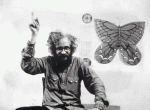
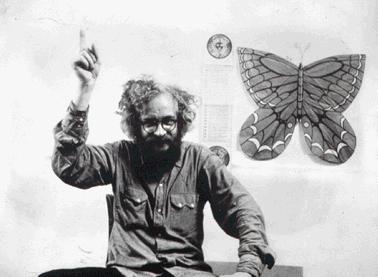







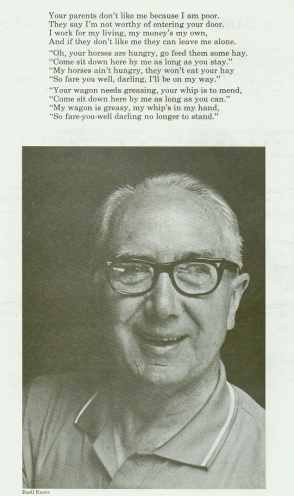
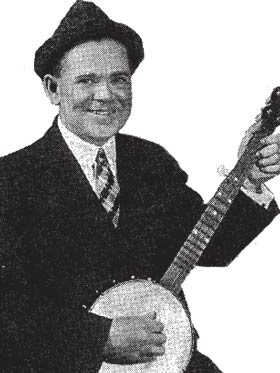
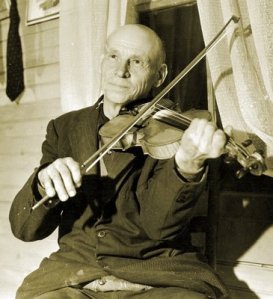


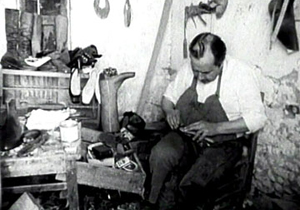
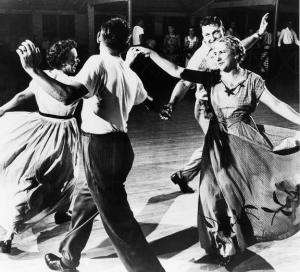




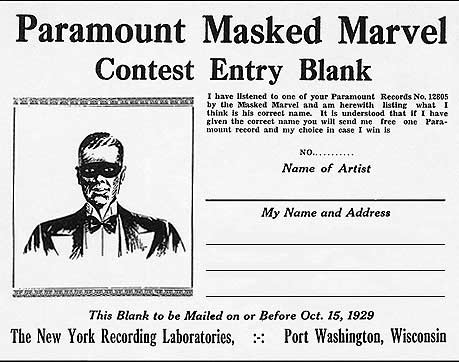

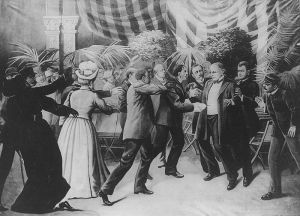





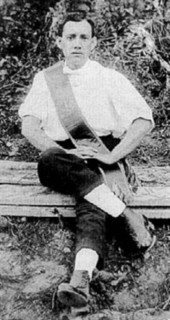
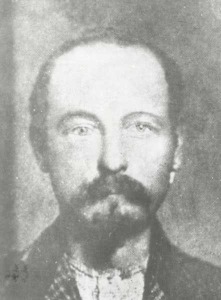
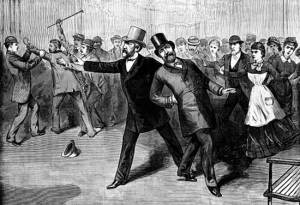
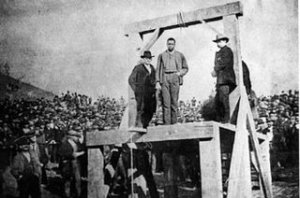
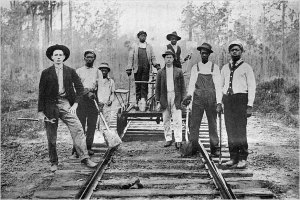







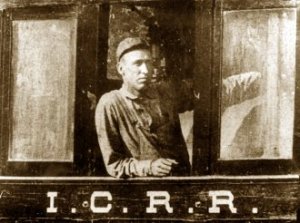





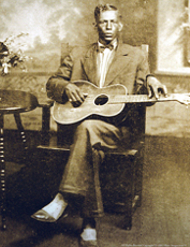
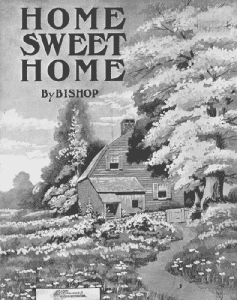



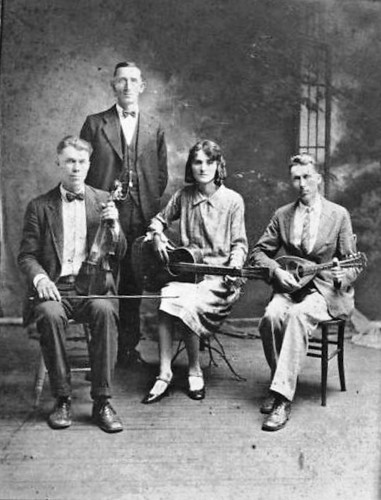




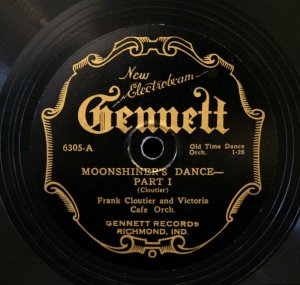











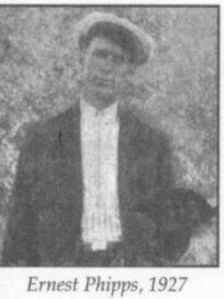






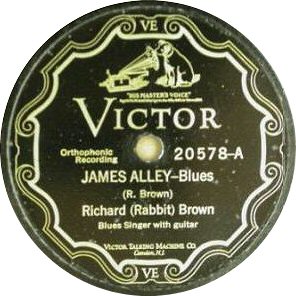


Thanks for another great post and collection of recordings!
sorry to be so dumb, but how do i get to listen to all the versions of Sugar Baby?
jim
Just click on Harry Smith’s picture under the track listing.
Thank you. Thank you so much.
I’m so pleased to have access to all these renditions of the piece! I remember hearing Big Medicine perform their version (not too long ago) on the radio show “A Prairie Home Companion,” after which Garrison Keillor said, “That is one of the saddest songs I’ve ever heard.”
The newish version by Sam Amidon is stunning – both for it’s totally modern, contemporary approach, but also for it’s faithfulness to the original. If anyone want to know how to record one of these old songs in a new, beautiful way, check it out… http://www.youtube.com/watch?v=yVbuEjJMv_I
Thanks for including Uncle Sinner–I’ve been following your blog for a while & it’s a honour to be on it. I learned “Red Rocking Chair” from the Jody Stecher version about 17 years ago and it was the first song I learned on banjo. Dock Boggs et al came later. After playing it on banjo in various ways for years I decided to try something different, hence the slide guitar. It occurred to me that Blind Lemon Jefferson’s/Mance Lipscomb’s “Jack o’ Diamonds” and Fred Cockerham’s “Long Steel Rail” are really just variants of the same melody, as is Reuban’s Train/Ruby Are You Mad.
I guess I can come out of hiding now that I know someone else is equally obsessed with this song. I also though that track 7 “Instrumental” from Ali Farka Touré’s album Niafunké has some Sugar Babe vibe to it as well (like a distant relative)…check it out if you can.
Hello.
I am not sure that you know this, but here is The Kills’ version of Sugar Baby… http://www.youtube.com/watch?v=sTfAXPMoIZQ
Couldn’t listen to them. I clicked on the photo of Harry Smith and permission was denied by mediafire.
Your site is such a treasure!
Any chance you can upload these collections of versions? They are such a treasure!!
Thanks
This website is just full of folk goodness, but unfortunately these audio files are no longer valid. Any chance you can fix that? I really enjoy the posts where I am able to compare and contrast the different versions, but I am way to lazy to track them down myself.
Hello, My name is Dave Vecsey; I’m a copy editor for The New York Times Magazine, and sometimes I write about music/Internet on The 6th Floor Blog …. I’d love to find out more about this project, especially since you are somewhat in the home stretch here. Please contact me at dvecsey@nytimes.com. Thanks. dv
Reblogged this on Jamie Seed Photography and commented:
I love this old weird music!